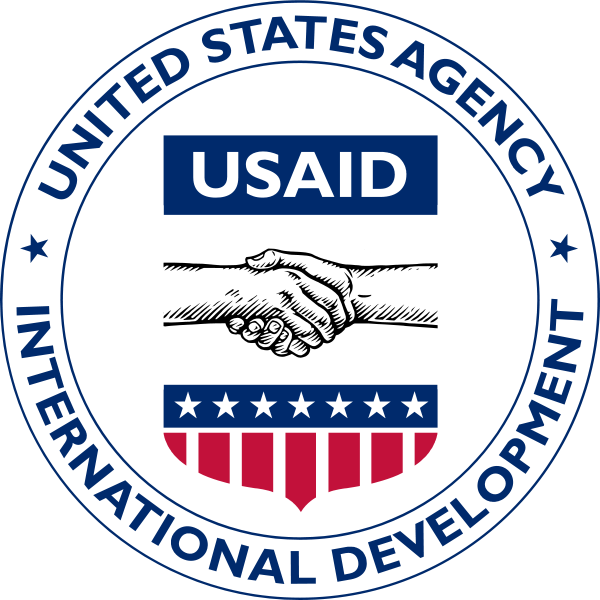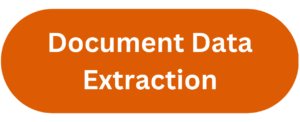The United States Agency for International Development (USAID), Development Experience Clearinghouse (DEC) library has more than 50 years containing over 155,000 documents of technical and program documentation. All digitized and available online. USAID is responsible for acquiring, cataloging, and making available electronically USAID-funded development documents from its field staff around the world. Over time, physical paper, microfiche, large drawings, videos and audio files became backlogged. To achieve part of its mission to disseminate information to the public and more than 100 of their missions located in more than 80 countries, USAID needed to digitize an entire library of more than 10 million documents.




